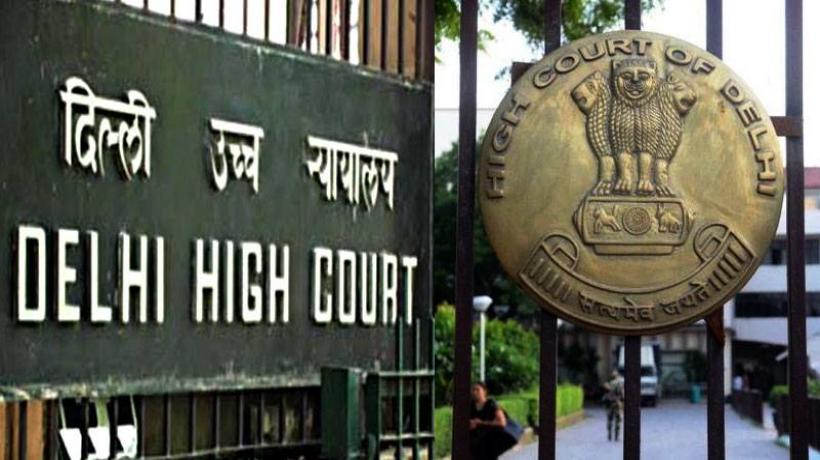Last Updated on April 7, 2024 by News Desk
Introduction:
In a recent case before the Delhi High Court, a bail application was filed under Sections 439 and 482 of the Criminal Procedure Code, 1973, concerning offences related to counterfeit currency under Sections 489-B, 489-C, and 34 of the Indian Penal Code, 1860. The Honorable Court, represented by Justice Swarana Kanta Sharma, dismissed the bail plea, emphasizing the gravity of the offence and its implications on the economy, national security, and individual welfare.
Issue:
The primary issue addressed by the court was whether bail should be granted to the petitioner considering the serious nature of the offences and the evidence recovered from the petitioner’s residence.
Rule:
The court highlighted the significant risks associated with the production, distribution, and circulation of counterfeit currency, including its potential ties to money laundering, terrorism financing, and organized crime. Additionally, it noted the adverse effects on innocent individuals and businesses who unwittingly come into possession of counterfeit money, leading to financial losses and legal liabilities.
Analysis:
The court thoroughly examined the facts of the case, which involved the apprehension of the petitioner and a co-accused, along with the recovery of substantial amounts of counterfeit currency and equipment used in its production. It underscored the grave concerns surrounding the proliferation of counterfeit currency and the need for stringent measures to address such criminal activities.
Conclusion:
In conclusion, the Delhi High Court upheld its decision to deny bail to the petitioner, emphasizing the seriousness of the offence and its potential ramifications on various aspects of society. The court’s firm stance reflects its commitment to safeguarding the economy, national security, and individual well-being from the threats posed by counterfeit currency operations.
Overall, the case serves as a reminder of the imperative for judicial authorities to deal decisively with cases involving counterfeit currency, recognizing the multifaceted risks they entail.
Written by — Athi Venkatesh AVD

















